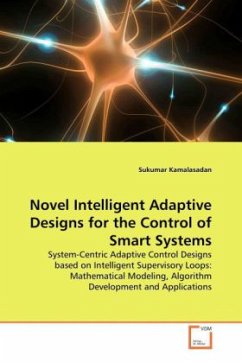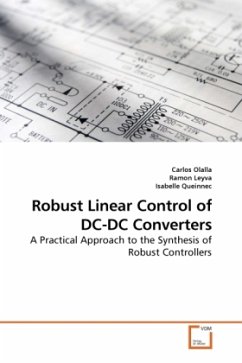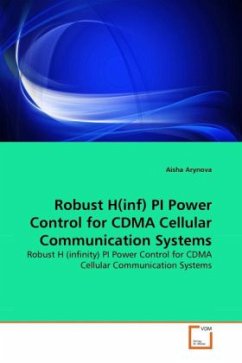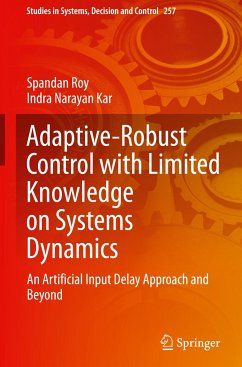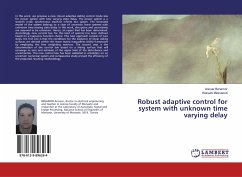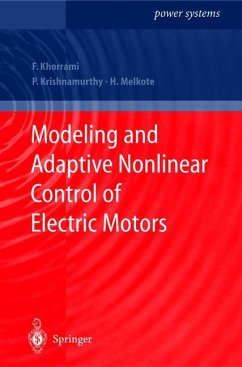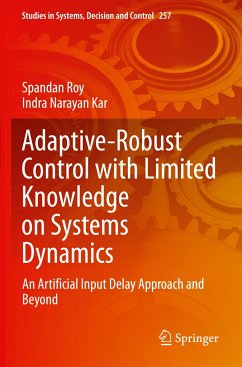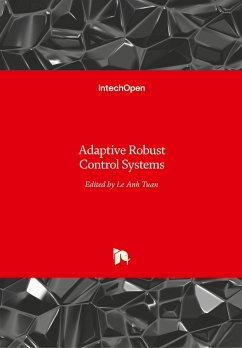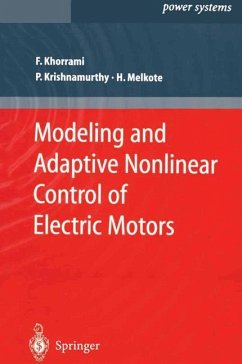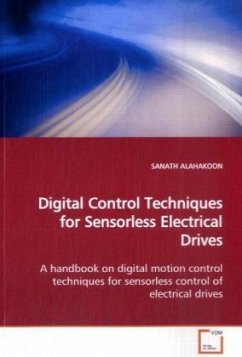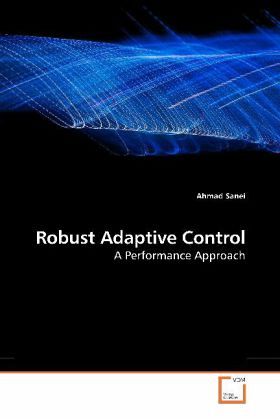
Robust Adaptive Control
A Performance Approach
Versandkostenfrei!
Versandfertig in 6-10 Tagen
45,99 €
inkl. MwSt.

PAYBACK Punkte
23 °P sammeln!
The ultimate goal in control theory is to design control laws that achieve good performance for any member of a specific class of systems. Performance mainly either shows the ultimate behavior of a system (asymptotic) or monitors its behavior in time (transient). Analytical quantification and systematic improvement of transient performance are open problems in adaptive control. In this book, we will develop a theoretically tractable quantitative cost based approach to assess relative benefits of different robust adaptive controllers. We develop a comparative theory based on a nonsingular cost ...
The ultimate goal in control theory is to design control laws that achieve good performance for any member of a specific class of systems. Performance mainly either shows the ultimate behavior of a system (asymptotic) or monitors its behavior in time (transient). Analytical quantification and systematic improvement of transient performance are open problems in adaptive control. In this book, we will develop a theoretically tractable quantitative cost based approach to assess relative benefits of different robust adaptive controllers. We develop a comparative theory based on a nonsingular cost functional penalizing both state and control effort. Two rigorous results are presented demonstrating situations in which one controller is superior to the other and vice versa.



